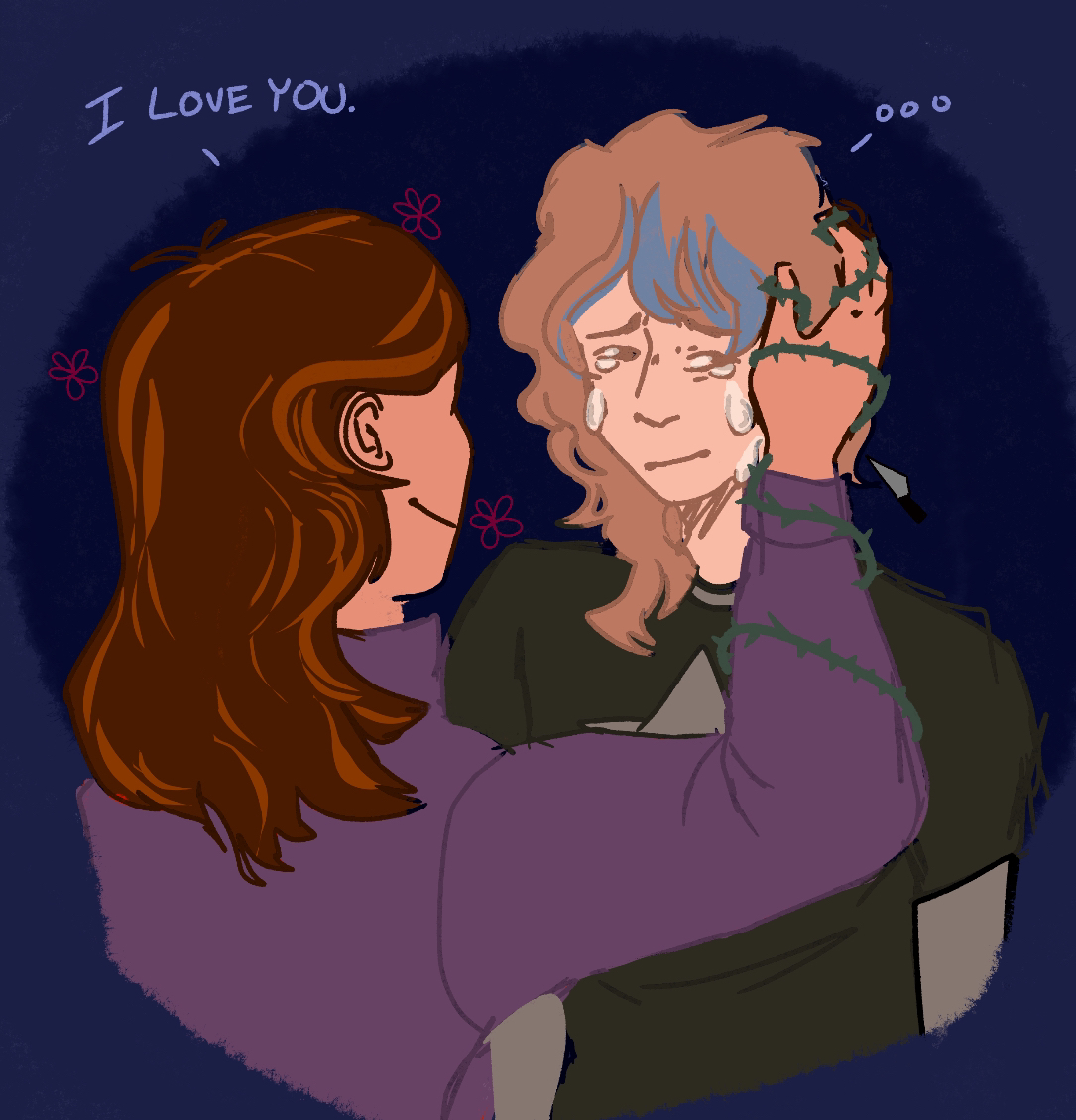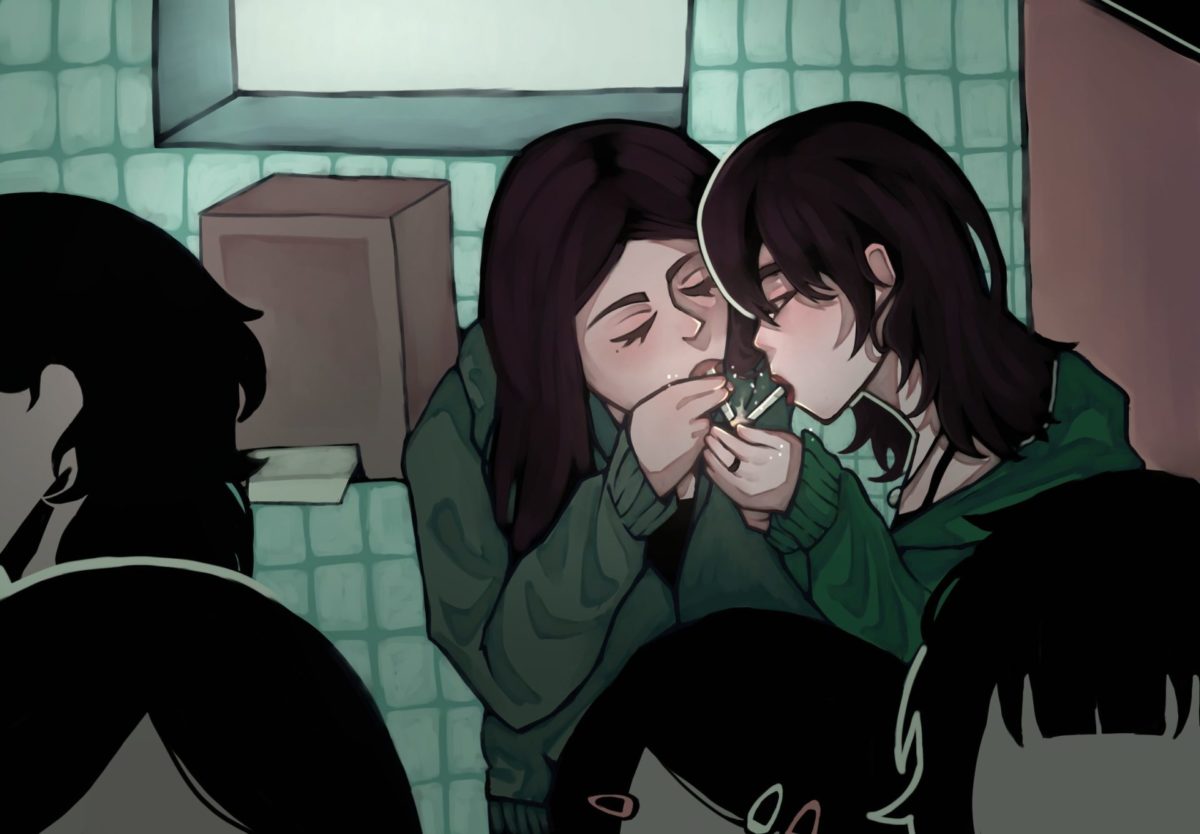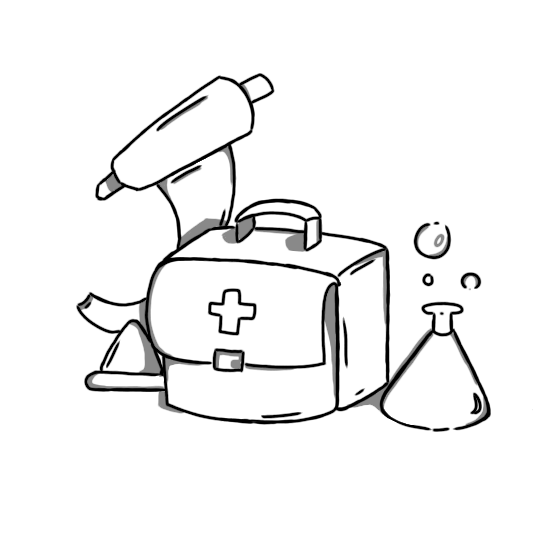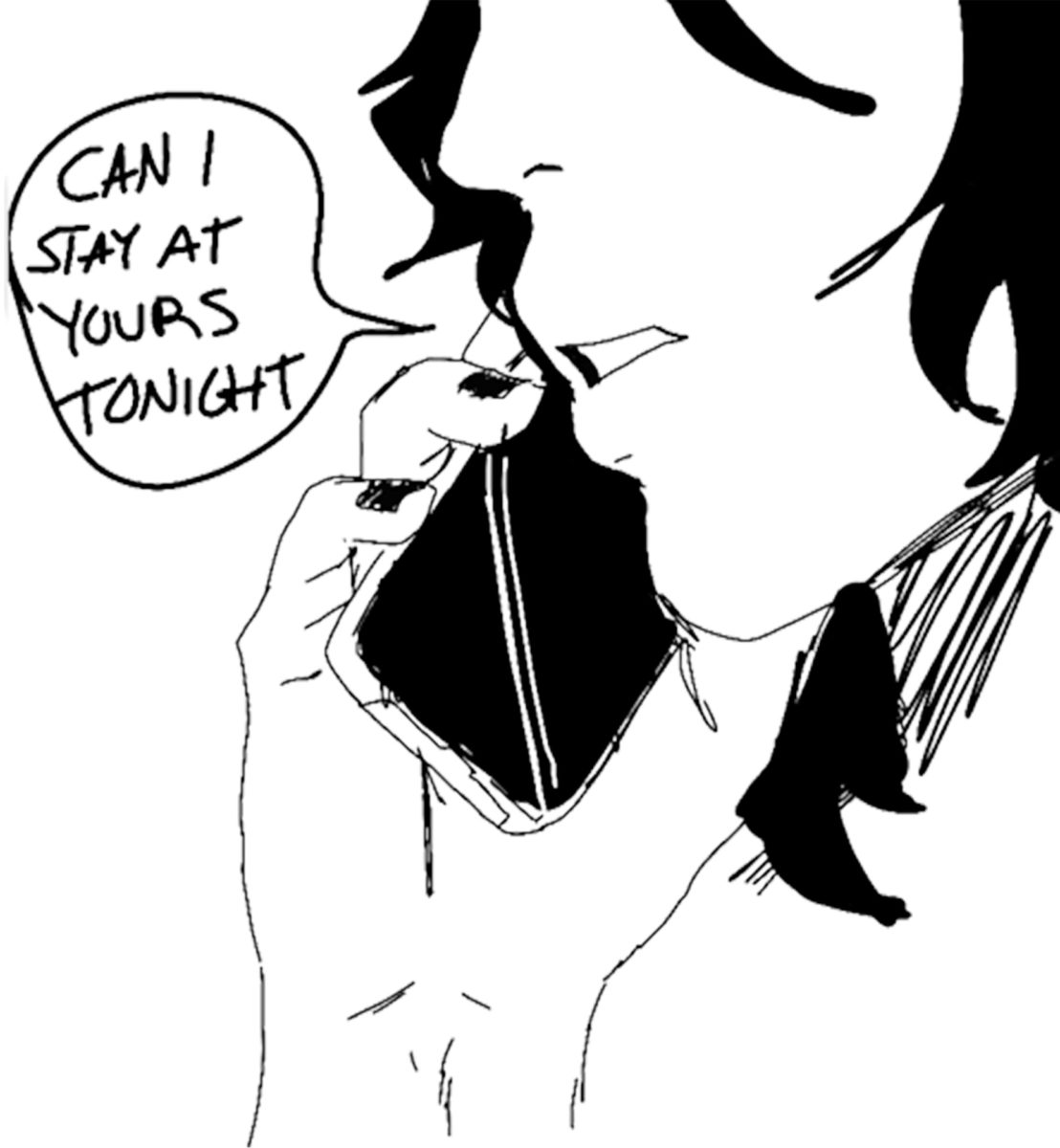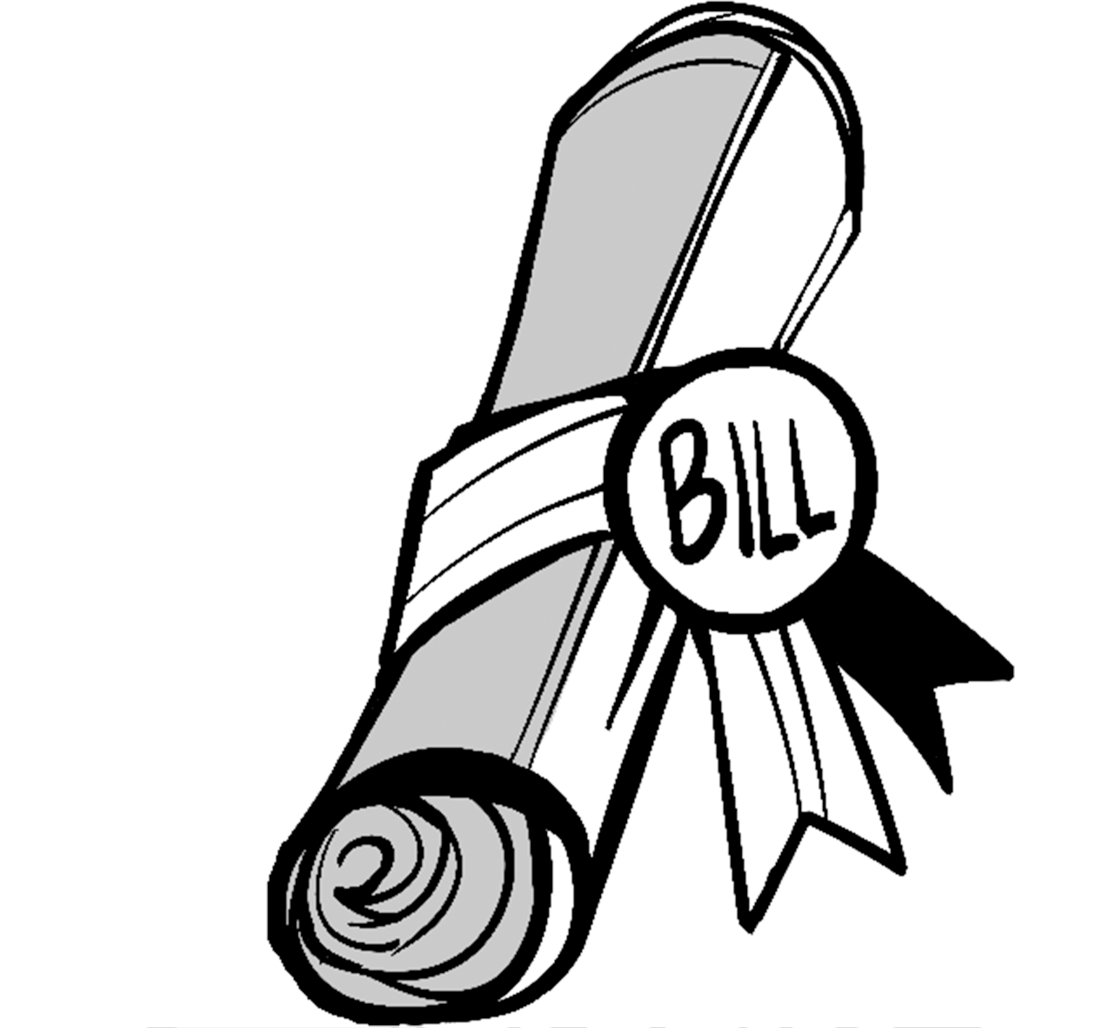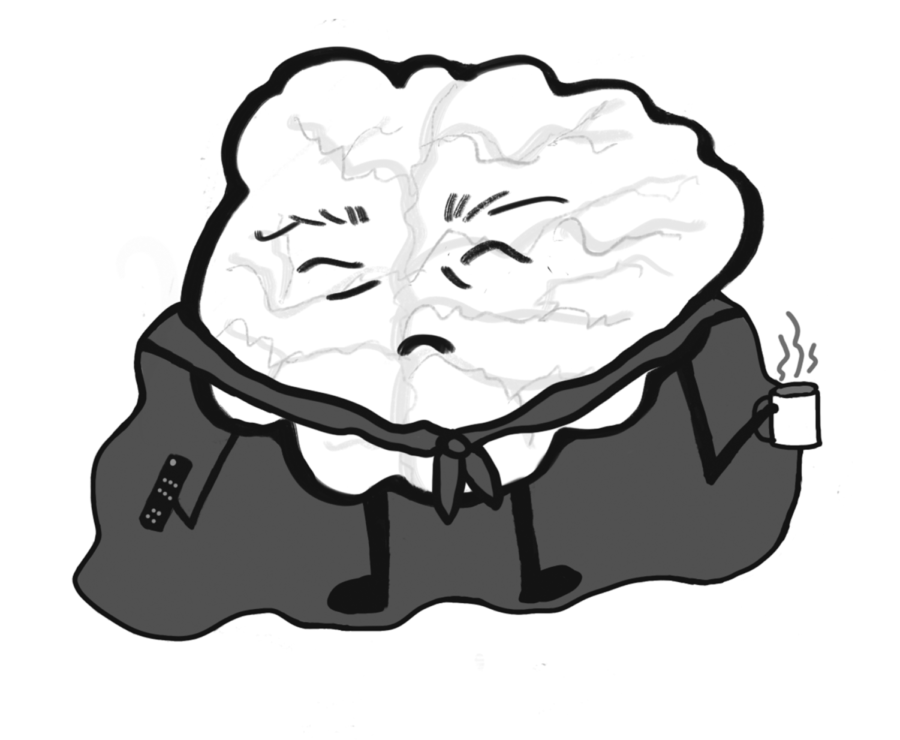Abusive, manipulative, and toxic behavior are all too common among teens, especially within romantic relationships. According to Youth.gov, 76% of teenagers report going through emotional and psychological abuse during romantic relationships, “Rates of emotional and psychological abuse are far higher than physical violence for youth.” However, it is hard to recognize these behaviors. Many do not know the signs of an abusive relationship, especially at a young age when romantic relationships are just being explored.
Different forms of abuse
The most well-known form of abuse between romantic partners is physical abuse, but there are many forms of abuse to look out for. One of the most common yet overlooked forms of abuse is emotional or psychological. This is not just an issue we see online or on TV, this is a genuine and prevalent topic that teens consistently fall victim to.,
“Emotional abuse includes non-physical behaviors that are meant to control, isolate, or frighten you,” according to the National Domestic Violence Hotline (NDVH). The NDVH follows by saying these forms of abuse can include threats towards you, themselves, or others; insults; constant monitoring; excessive jealousy; manipulation; humiliation; isolation; intimidation, and dismissiveness. Though some of these behaviors can be easily recognized, they can be more subtle as well. Examples are a partner acting jealous towards your friends or someone of the opposite gender or preventing you from hanging out with someone due to jealousy.
According to a list written by WomensLaw.org, different emotional and physical abuse tactics can include:
- Humiliating you in front of others;
- Calling you insulting names, such as “stupid,” “disgusting,” or “worthless”;
- Deciding things for you that you should decide, like what you wear or eat;
- Acting jealous, including constantly accusing you of cheating;
- Questioning your memory of events or denying that an event happened the way you said it did, even when the abuser knows that you are right;
- Changing the subject whenever you try to start conversations with the abuser and others questioning your thoughts in a way that makes you feel unworthy;
A prevalent tactic used by abusers is “gaslighting”. Gaslighting is a form of manipulation that demeans or minimizes the victim’s feelings or experiences and causes the victim to question themselves. According to the NDVH, there are five main forms of gaslighting:
- Withholding: Partner pretends not to hear or understand, for example saying things like, “I don’t wanna hear this again.” or, “You’re trying to confuse me, I don’t understand this let’s stop talking about it.”
- Countering: Partner questions the validity of your memory or claim, for example, “You’re remembering incorrectly, you never recall things right.”
- Blocking/Diverting: Partner changes the subject or questions your thoughts, for example, “Are your friends trying to convince you that? That sounds crazy.” or “You’re imagining things.”
- Trivializing: Partner belittles, downplays, or minimizes your feelings, for example, “You’re overreacting.” or, “You’re getting angry over little things. You’re so sensitive.”
- Forgetting/Denial: Partner pretends to forget or deny events or promises made to you, for example, “I don’t know what you’re talking about,” or, “You’re making that up.”
How to spot Emotional abuse
Emotional or psychological abuse comes in many different forms, so it can feel impossible to spot signs– let alone do something about it. There are universal signs that you can look out for. According to Strongheartshelpline.org, signs that you or someone you know is being emotionally abused include: isolation, being afraid of your partner, feeling small, feeling like you have to change for your partner, or experiencing explosive anger from your partner. Arguments are a normal and even a healthy part of any relationship, but if arguments are constantly being turned into a way to hurt you.
Abusive relationships are complicated and layered. It may be hard to know what is and isn’t okay in a relationship, but one of the main things within a romantic relationship is happiness and love for one another. If your relationship feels draining it may be time to take a step back and evaluate what is making you feel this way. One of the keys to relationships is communication, you should never feel at risk when wanting to communicate with your partner about any concern within the relationship.
If you feel that you are walking on eggshells or unsafe confronting a person they get angry or offended very easily, this can be a form of abuse.
Isolation is a much more common form of abuse among all types, this can include taking away any device that you could need to call for help or talk to someone, forcing you to stop hanging out with your friends or family, and/or preventing you from having any friends or making any friends.
How to set boundaries with your partner
For some, emotional abuse could be excused as “jealousy” or “overprotectiveness”. However, it is important to know your boundaries within a relationship, to communicate them properly, and to make sure they are enforced by both you and your partner. When you set clear boundaries within a relationship it benefits both sides.
This can also be applied to romantic relationships, not just for intimate moments with your partner. Mutual boundaries within any relationship can help build trust and enhance communication. Setting emotional boundaries, sexual boundaries, physical boundaries, or even spiritual and religious boundaries is all . It can feel even harder to set these boundaries when you are in or experiencing an abusive relationship. Many abuse tactics are used to directly block you from setting these boundaries or standing up for yourself, that’s why having clear boundaries from the start is such an important factor in any relationship.
How to help yourself and others
Suffering from an abusive relationship can be detrimental for many. Abuse can affect your health in any way. These feelings are a very real side effect of abusive relationships, and no matter how you feel, your trauma may reflect differently than others.
Help is always available, whether it be online or in person. You can visit the Nation Domestic Violence Hotline to receive 24/7 support via text or call. Recovery options will vary from person to person, though some of the most common forms of healing include therapy, self-care, creating closure, practicing self-forgiveness, and/or processing your feelings and focusing on the positives.If you need help with an abusive relationship you can call 1-800-799-SAFE (7233) or text START to 88788.
Healing will take time, it could take 2 months, 2 years, or even 20 years, either way is valid and everybody heals differently. No is and will always be a full sentence no matter what others may say.



